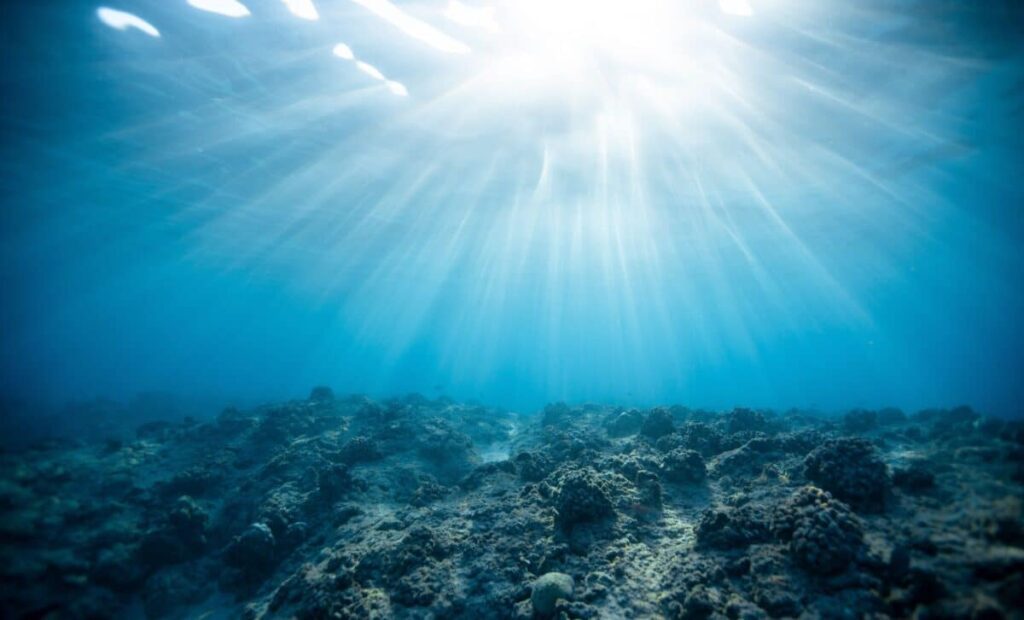A recent study published in Environmental Research Letters explores the potentially harmful consequences of certain marine carbon dioxide removal (mCDR) techniques, particularly their impact on global ocean oxygen levels. Led by Prof. Dr. Andreas Oschlies of the GEOMAR Helmholtz Center for Ocean Research Kiel, the research highlights the need for comprehensive assessment of mCDR approaches due to their potential to exacerbate ocean deoxygenation. The study warns that while these methods may help mitigate climate change, they could inadvertently harm marine ecosystems.
The Global Impact of Ocean Deoxygenation
Over the past decades, the ocean has lost approximately 2% of its oxygen inventory, a trend that continues to worsen with ongoing global warming. This oxygen depletion has already triggered significant ecological consequences, with marine life struggling to adapt. The loss of oxygen is expected to accelerate as temperatures rise, which may further compromise marine ecosystems. While climate mitigation measures are often proposed to counteract this loss, a recent study suggests that some methods aimed at reducing atmospheric CO2 may actually contribute to further oxygen depletion in the ocean. Prof. Dr. Oschlies and his international team used global modeling simulations to assess the direct and indirect effects of marine carbon dioxide removal approaches on ocean oxygen levels.
Marine Carbon Dioxide Removal Methods and Their Risks
Marine carbon dioxide removal (mCDR) methods encompass various approaches to enhance the ocean’s capacity to absorb carbon. While many of these techniques are seen as vital for combating climate change, some may carry unintended risks for ocean oxygen levels. One of the most concerning findings from this research is the potential for certain biological methods—such as ocean fertilization, large-scale macroalgae farming, and artificial upwelling—to increase oxygen consumption in the ocean. These techniques aim to stimulate photosynthetic biomass production, which eventually decomposes, consuming oxygen in the process. In this context, the research points out a critical issue: “What helps the climate is not automatically good for the ocean,” says Prof. Dr. Oschlies.


The Oxygen Depletion Risk of Biotic mCDR Approaches
Several of the biotic mCDR methods studied, including ocean fertilization and macroalgae farming, could intensify the ongoing oxygen loss in the oceans. When biomass production increases, it is followed by decomposition, a process that consumes oxygen—this is particularly troubling as it could exacerbate the oxygen depletion already caused by global warming. According to the study, the oxygen loss from such processes could be between 4 and 40 times greater than the potential oxygen gain expected from reducing CO2 emissions. Prof. Dr. Oschlies stresses, “Methods that increase biomass production in the ocean, and subsequently lead to oxygen-consuming decomposition, cannot be considered harmless climate solutions.” These findings emphasize that climate interventions must be carefully assessed to ensure they do not worsen the existing oceanic challenges.
Geochemical mCDR Methods: A Safer Alternative?
In contrast to biotic approaches, geochemical mCDR methods, such as ocean alkalinity enhancement through the addition of limestone-based alkaline substances, appear to have less of an impact on ocean oxygen levels. These approaches do not involve nutrient input and may, therefore, have minimal effects on marine oxygen concentrations. The research suggests that such methods are comparable to simply reducing CO2 emissions in their effect on ocean oxygen. Unlike biological methods, which lead to oxygen-consuming decomposition, geochemical approaches could potentially be safer for marine environments, though their scalability and long-term effectiveness still require further evaluation.
The Role of Large-Scale Macroalgae Farming
One mCDR method that stood out in the study as potentially beneficial is large-scale macroalgae farming with biomass harvesting. Unlike other methods that increase oxygen consumption through decomposition, harvesting and removing macroalgae biomass can have a positive impact on ocean oxygen levels. By removing nutrients and limiting excess oxygen consumption elsewhere in the ocean, this approach could even reverse some of the past oxygen losses due to climate change. The model simulations showed that this method could restore up to 10 times the oxygen lost over the course of a century due to climate-induced warming. However, the study also warns that large-scale harvesting might disrupt biological productivity in the ocean and necessitates careful consideration of its broader environmental impacts.

